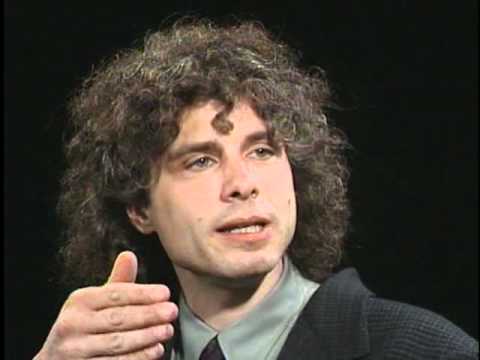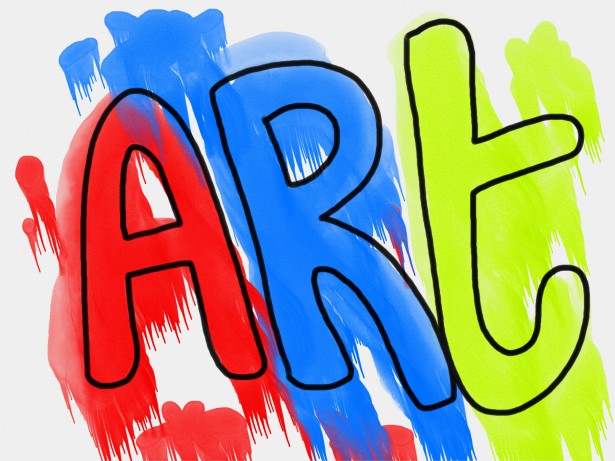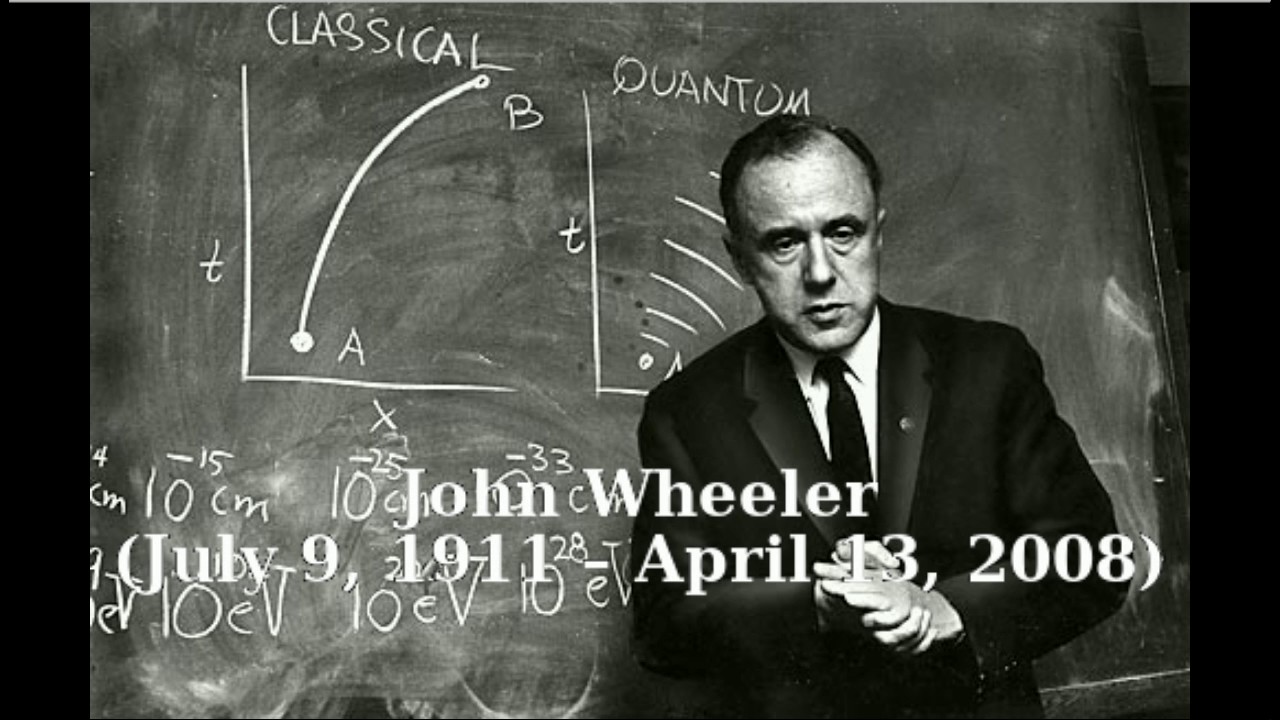ThinkingAllowedTV
NOTE: This is an excerpt from a special two-hour, four-part DVD featuring one of the most insightful minds we have ever encountered.
http://www.thinkingallowed.com/2spinker.html
Part I: Are our thoughts shaped by the language we use?
Part II: How We Understand Language
Part III: The Evolution of Language
Part IV:Consciousness and Cognition.
Stephen Pinker, Ph.D., is professor and director of the Center for Cognitive Neuroscience at the Massachusetts Institute of Technology. He is author of Visual Cognition and The Language Instinct.
Source




Third eye fro curl
Thought-provoking stuff. Thank you for uploading
Steven ♥
This guy takes his argument too far. He argues that thoughts are entirely independent of the packaging of language. But people DO think in words, maybe not all of the time, but OFTEN. And those words are not separate from thoughts any more than waves are separate from water. Yes, thoughts can be translated into their "near equivalents" in other languages (usually), but the nuances are often quite different. Thoughts absolutely are "flavored" by language. Word!
Yeah, thanks, but I'd rather be wrong and still have my hair. =0
"flavored"is rather vague.No doubt vocabulary can -inform- our thoughts. But the thought are independent of the language.A thought is associated with a bunch of words,but it's not the words.There is an independence between them,and an association.Independent doesn't mean there's no association. It just means it's not dependent.If you know a few languages and have a complex thought,you might express it in a variety of languages.And there's no reason to think you cooked the thought up in language
I know two languages, and there is a difference. In fact, ask any bilingual person, and I think they'll tell you the same thing–you cannot separate thought entirely from language, perception and affect. Thoughts have a medium. No medium, no thoughts. The thought "flavored" is rather vague? This is YouTube, and I'm tired. But you might consider that your objection is actually the proof that words do… flavor thoughts. See how this works? Read Heidegger and leave me alone.
think about when you struggle to find the right words even in your native language, for a particular thought. And think about if somebody were to give you a word that describes very well how you feel but you didn't know the word before but if you want to say that's not thought. A better example, think about if a person was never taught any language, do you think they couldn't want something? that's thought. visualisation or language are forms thought can take, but not its abstract root.
Yes, thoughts aren't ONLY words. That's what you've proven, but who would deny that? What I'm saying is that words aren't merely the wrappers, the ill-fitting shoes that thoughts parade around in. A "word-thought" is a bit like a picture, like a drawing of a house or a dog. Now you can copy my drawing, but does that make it the "same"? Then I own the Mona Lisa. Thoughts aren't only representational. Why do you use words to think to YOURSELF?
I think that my mind subconsciously transforms my abstract thoughts into word-thoughts or picture-thoughts. They appear in my consciousness as words or a kind of image or maybe sometimes perhaps in an abstract form of feeling or understanding, without words . Other times I have a thought and have to try to consciously find the words. I think a verbal representation of the thought can get stored for the thought, identifying the thought, not just ill-fitting. So I agree with you there. (cont)
Friend, you wrote "cont," but the rest of your post isn't showing up yet; so I could be wrong, but I don't think you've answered my main question: As you know, I asked "WHY do we think to ourselves in WORDS?" You answered with what you think HAPPENS… but not WHY it happens. So again–If our preverbal "thoughts" are really fully meaningful, and words are just "wrapping," why do we wrap our preverbal thoughts in words in order to think to OURSELVES?
if you do edit..find..boliussa on the page you'd see that comment. We don't always think in words. When we think in "pictures", words have nothing to do with it Do you agree? It's tough in 300 characters. As to your question, i'll try to answer, but do you agree that for pictographic thoughts, they don't have words and if they do, you can separate the words from the pictographic thought?
Yes, of course I agree that we don't ONLY think in words. However, perhaps there's an analog in pictographic thoughts–if you change the pictograph slightly, is it not then a slightly different thought? (I'm not pinning my argument to that relatively peripheral thought, btw, but thought I'd throw it out there.) So go ahead, now, and tell me why we think to ourselves in words… given your premise that the FULL content of a thought is ENTIRELY prior to language! Good luck!
It's not just that we don't only think in words. It's that sometimes we don't think in words at all. As can happen with picture thoughts or video thoughts. With verbal thoughts for example, I think we get an urge or sense of understanding and then words are found to express it. Once that happens and we accept it, our subconscious can kind of record it and throw it into our consciousness like it's recorded, but it didn't start off like that.
I don't even know what your point is really–or how it relates to the discussion that we were having. In any event, you certainly didn't answer the question that I asked, which is necessary for your basic premise to even be possible. So last time: Why, when thinking to oneself, does one OFTEN think in WORDS given your assertion that those words add exactly zero MEANING to the thoughts?
I don't think it's true that they add no meaning. I suppose they don't fit the abstract thought perfectly. Sometimes they could taint or detract from the thought, and sometimes they could enhance it by adding more meaning than was originally intended.,meaning that you agree with and go on to identify with The thought "I want her", might mean but not include the words of what you know you want and don't want to do with her.The words are brief and don't fully encapsulate the meaning of the thought
Okay, YouTube is obviously not a very good forum for a discussion about the "relationship" between language and thought. But I would go back to Pinker's statement: "I don't think that we think in words." If nothing else, our discussion thread makes it clear that that is a gross oversimplification. (If this interests you, I really would suggest that you read Heidegger, whom I cannot summarize here.)
I suppose it was a gross oversimplification for him to say that, but when it comes to conveying an idea, we do need to find the words, so it exists without words. Unlike the brief thoughts(sometimes silly and off the mark) that arise into consciousness in words. What in particular of Heidegger do you suggest? I've heard he uses flowery language.
By the way, our cognitive representations ("cogreps"), like "tree" and "woman" are almost certainly encoded in the brain and include a semantic component! Also, according to prevalent models of cognition, you can't activate a cogrep without "priming" the whole network of related cogreps. Moreover, your cogrep for "woman" will be encoded with your personal experiences with women. In other words, your cogreps are "flavored," not merely impersonal and universal.
Of course, with the exception of certain facts, our perception and understanding is only a model of reality. Your use of the term "flavored" again is not useful. Better to use literal language when possible, instead of metaphor.
Not "flowery," but he's VERY difficult, at times inventing new language just to say what he needs to say. Sometimes I would spend 30 minutes reading a single page before I felt I had really gotten his point. The "logical positivists" who control Western academia really shut him down for a few decades–they don't get hermeneutics–but he seems to be making a comeback now. (You can't keep true genius down forever!) With respect to our discussion, I would read "Poetry, Language, and Thought."
Well, "flavor" is meant to express this point: Even your cogrep for the number "7" will exist in relationship to other cogreps that will be slightly different than mine. And cogreps get their meanings in context, from how they are woven into larger networks; they are not just encoded universally, but with personal history. (Btw, you may not like metaphors, but it seems to me that metaphors help most of us understand ideas better. In fact, that's one reason we use them.)
Yeah we model it differently, there I said it without a metaphor and pinpointed what you meant precisely. Metaphors can have uses. Less so when they're imprecise. And not in place of a good understandable more precise literal explanation.
that explanation you gave is definitely clearer. I thought you meant model it differently.. but also, there's feelings too. a number as you say can bring up personal history(*if we let it*). Much clearer to say that than "flavor"! briefest would be to say we model it differently and associate different things with it. I intentionally don't let numbers associate like that though! I keep it strictly logical(no feelings/history popping up). But still even then there are different logical models.
We do not think in words? I beg to disagree. Well, we have a stream of consciousness described many times in literature, to start with. Is it thinking, or not? Concise definitions of consciousness, thinking, and thought would help to understand more what Stephen Pinker is about to convey. Good try, though.
im high, this is awesome
love it! thanks for sharing
lol
English language can have one word meaning different things, at such glance one would say that the English is less expressive, but the reality is different, because a word of many meanings if placed/used properly can be actually very expressive. Fascinating topic though, how if we rationalize the quality of a language on how many words it's has can be misleading, where the English to me is probably the most expressive of all languages and I speak 4.
Yes, it is certainly true that thinking and language are not the same thing. Pinker is right when he points out that often times a person will think a thought and then have to struggle to find the words to express it. However, the struggle to find the best language to convey a thought actually often forces the thinker to refine those thoughts. This process expands consciousness, and the more nuanced and sophisticated the language; the more nuanced and sophisticated consciousness can become.
I had to read some of Pinker's texts in german! -.- Don't know why they teach us germans german by using english texts^^
I agree with point about people ourselves invent language. To make more clear with our points or view, people use different expressions to explain to others. Take myself as an example, As an ESL person, I do not feel embarrassed and timid when I talk to English speakers in broken English. On the other hand, I am kinda proud of myself since I can definitely explain my ideas clearly. In another way, I have the ability to invent my own language! ! 🙂
To the extent to which this was a debate, Pinker won it hands down.
Dats' sum fonky hair!
00:56 subliminal message
I just love the way he talks. His vocabulary is naturally excellent
still I think language is holding us back because its so limited, you can have a great thought and not be able to put it into words.. so we mostly think about how to put things in words instead of having just great thoughts that can be communicated in a different way
I don't know about everyone else, but I think in words.
If you like ThinkingAllowedTV, you'll probably also enjoy the New Thinking Allowed channel on YouTube with Jeff Mishlove. See If you like http://www.newthinkingallowed.com
He looks so young here. Seems long flowing hair was a thing back in the 90's. Dave Chalmers was also interviewed for this series back then and has long hair too.
I remember being 18 months old and being rushed through a hospital after an asthma attack. I had one of those name bands on my wrist and I remember looking at it a little annoyed wondering what it was. I've often wondered if was thinking in words or not.
Those pointy black boots! Lol.